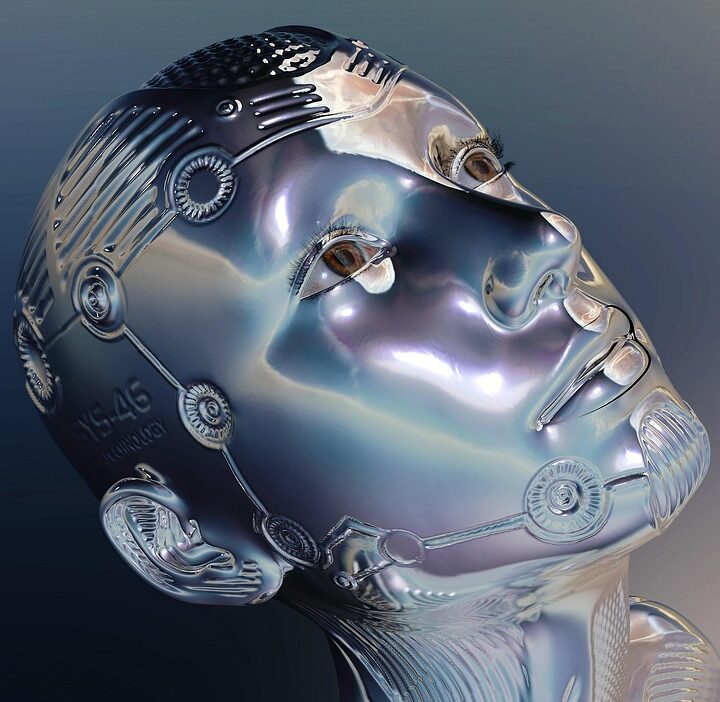In recent years, the dialogue around artificial intelligence (AI) has shifted from the realm of futuristic speculation to practical implementation across various industries. While automation has been a significant catalyst for efficiency in manufacturing and service sectors, AI is transcending traditional automation by introducing nuanced capabilities that redefine how businesses operate. This shift is not just reshaping processes; it’s fundamentally altering business models, customer interactions, and even the workforce itself.
The Evolution from Automation to AI
Automation primarily focuses on performing predefined tasks with minimal human intervention. It has been immensely beneficial in streamlining operations, reducing costs, and increasing productivity. However, AI brings a new dimension that enables machines to learn from data and improve their performance over time. This capability allows AI to go beyond simple task execution by incorporating data-driven insights, predictive capabilities, and adaptability.
Examples of AI in Action
-
Healthcare Transformation
AI has the potential to revolutionize healthcare by enhancing diagnostics, personalizing treatment plans, and accelerating drug discovery. Machine learning algorithms analyze vast datasets to identify patterns that human practitioners may overlook. For instance, AI systems can process medical images, assisting radiologists in detecting conditions like cancer at earlier stages. Moreover, AI-powered chatbots and virtual assistants for patient management improve access to care, ensuring timely responses to patient inquiries. -
Financial Services Reimagined
In finance, AI is transforming risk assessment and fraud detection. Algorithms can analyze transaction patterns in real-time, detecting anomalies that may indicate fraudulent activity more efficiently than traditional methods. Additionally, AI-driven robo-advisors offer personalized investment advice tailored to individual client profiles, democratizing access to financial planning services. -
Supply Chain Optimization
Companies are leveraging AI to create more adaptable and efficient supply chains. Predictive analytics aids in inventory management by forecasting demand and optimizing stock levels. Machine learning algorithms can also analyze data from various sources, enabling manufacturers to anticipate delays and disruptions, thereby improving overall operational resilience. - Retail and Customer Experience
In the retail sector, AI is redefining customer engagement through personalized shopping experiences. Recommendation algorithms analyze consumer behavior to curate tailored product suggestions, enhancing satisfaction and driving sales. Additionally, AI-powered chatbots provide instant customer support, resolving issues around-the-clock and improving overall service quality.
The Impact on Workforce Dynamics
As AI systems increasingly take on responsibilities traditionally held by humans, the workforce is poised for significant changes. While some fear job displacement, others argue that AI will create new opportunities. In reality, the landscape is likely to be a hybrid of both scenarios. Job roles may evolve to require more complex skill sets, emphasizing creativity, problem-solving, and emotional intelligence—attributes that AI cannot replicate.
Ethical Considerations and Challenges
The rise of AI comes with ethical questions that must be navigated carefully. Issues of data privacy, algorithmic bias, and accountability in automated decision-making need addressing to ensure that AI systems function fairly and transparently. As industries integrate AI, it is crucial to establish regulatory frameworks that balance innovation with ethical considerations.
Looking Ahead: A Future with AI
The future of AI in industry will focus on collaboration between humans and machines, emphasizing complementary strengths rather than competition. Organizations that harness AI effectively will develop enhanced capabilities that drive innovation and growth.
Investments in AI research and development will continue to flourish, paving the way for breakthroughs that may currently seem unattainable. The convergence of AI, Internet of Things (IoT), and data analytics will further accelerate this transformation, leading to smart enterprises that can adapt nimbly to market changes.
Conclusion
AI is not just a tool for automation; it is a transformative force that is reshaping industries in profound ways. By enabling enhanced decision-making, creating personalized customer experiences, and improving operational efficiency, AI is redefining traditional business paradigms. As we navigate this new landscape, the emphasis must be on ethical practices, workforce preparation, and fostering a culture of innovation. The promise of AI lies not merely in what it can do but in how it inspires us to rethink the possibilities for our industries and society at large.



